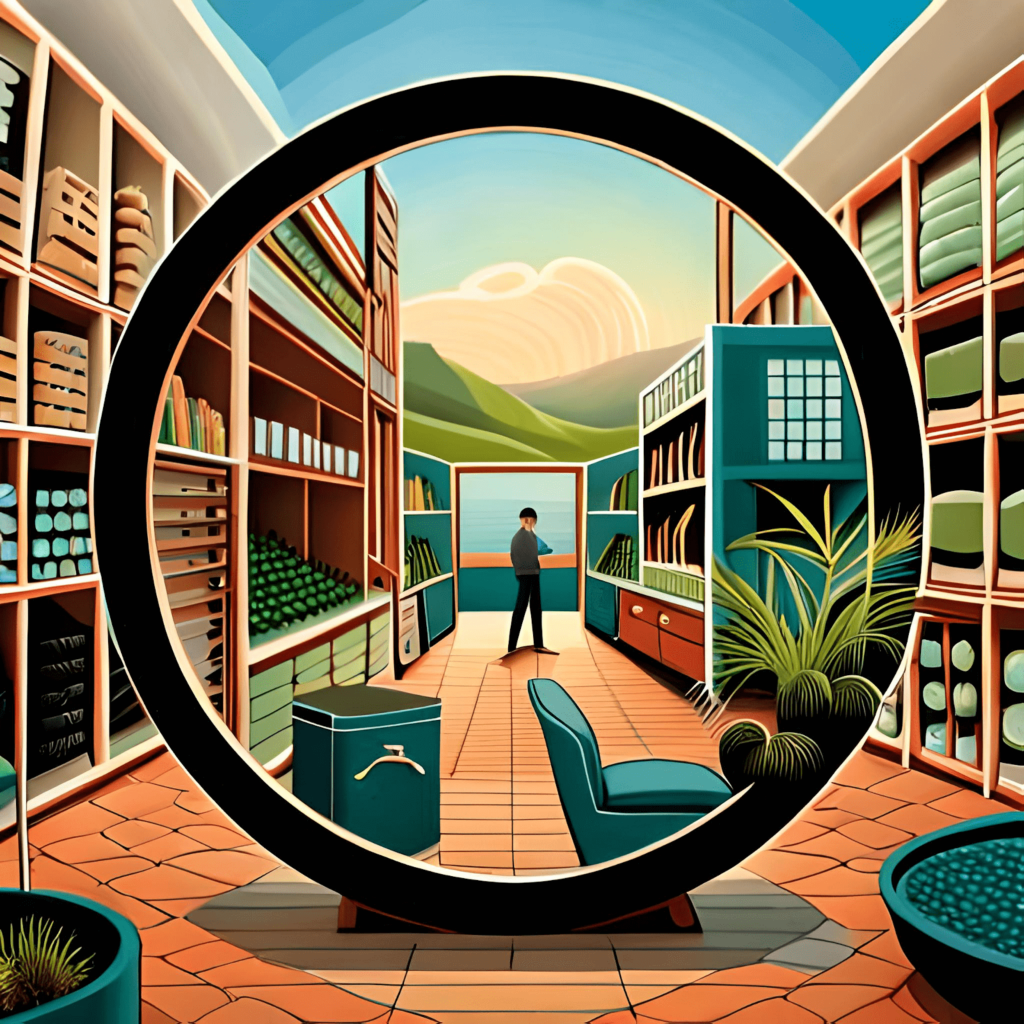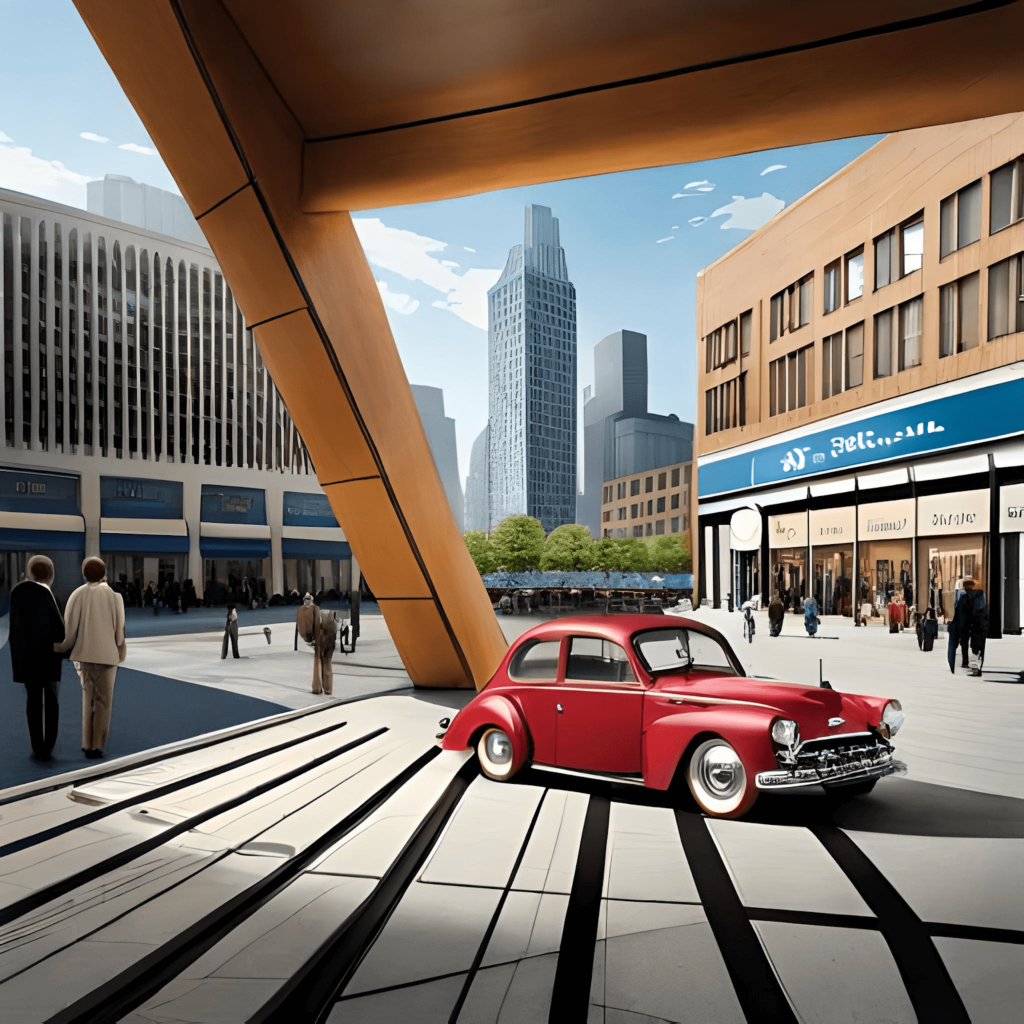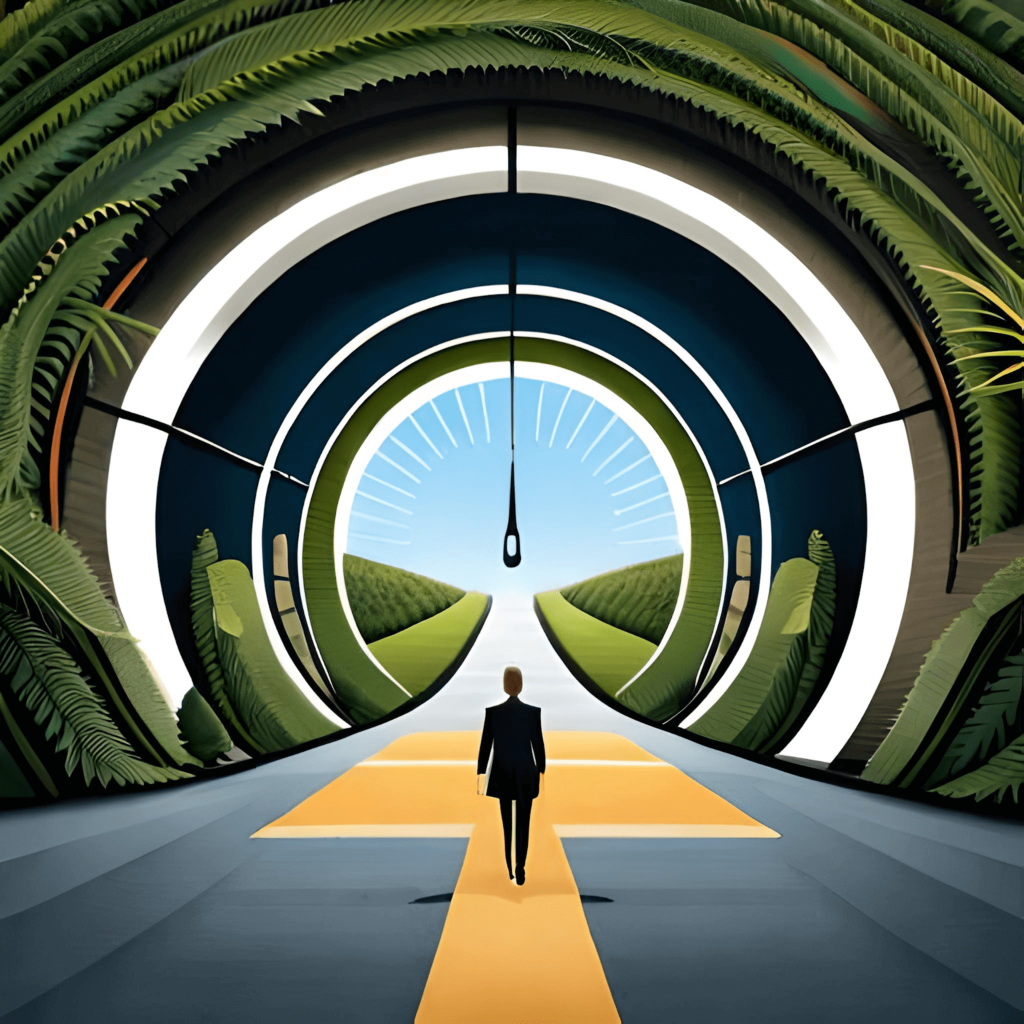
In today’s world, where environmental concerns are becoming increasingly prominent, adopting circular economy principles in the retail sector is not just an option, but a necessity. The traditional linear model of production and consumption, characterized by the take-make-dispose approach, is no longer sustainable. It is imperative to transition towards a circular economy, where resources are kept in use for as long as possible, waste is minimized, and products are designed with the intention of being recycled or re-purposed.

Understanding the Current Retail Landscape
The current retail landscape is marred by numerous environmental challenges due to conventional practices. Mass production, overconsumption, and rampant usage of single-use packaging contribute to excessive waste generation and carbon emissions. Traditional retail practices often prioritize short-term gains at the cost of long-term environmental impact. However, a shift towards sustainable alternatives is necessary to ensure a greener and more sustainable future.

Benefits of Circular Economy in Retail
Embracing circular economy principles in the retail sector brings along a multitude of benefits, both for businesses and the environment. By reducing waste and carbon emissions, retailers can significantly contribute to mitigating climate change and preserving natural resources. Furthermore, promoting resource efficiency allows retailers to optimize their operations, leading to cost savings and increased profitability. One of the intangible benefits of circular economy in retail is enhancing brand reputation and consumer trust. Customers are increasingly conscious of the environmental impact of their purchasing decisions and are drawn towards brands that prioritize sustainability. By adopting circular practices, retailers can build a loyal customer base and establish themselves as responsible and eco-friendly companies.

Circular Economy Strategies for Retailers
To successfully transition towards a circular retail model, it is essential for retailers to implement specific strategies that align with circular economy principles.
A. Designing for durability and repairability
One of the key strategies for retailers is to design products with durability and repairability in mind. By creating long-lasting products, retailers can significantly extend their lifespan, reducing the need for frequent replacements. Encouraging repairs and maintenance further enhances the longevity of products, ensuring that they remain in use for as long as possible.
B. Implementing product take-back programs
Product take-back programs play a pivotal role in a circular retail system. By collecting and recycling products at the end of their useful life, retailers can divert waste from landfills and re-introduce valuable materials back into the production cycle. Exploring innovative reverse logistics solutions, such as efficient transportation networks and optimized collection processes, can enhance the effectiveness of product take-back programs.
C. Embracing product/service sharing and rentals
Collaborative consumption models, such as product sharing and rentals, offer significant benefits for both consumers and businesses. By enabling customers to access products on a temporary basis, retailers can reduce overall consumption and maximize the utilization of resources. Sharing platforms facilitate access to a wide range of products while reducing the burden of ownership on individuals. This not only contributes to waste reduction but also fosters a sense of community and promotes a more sustainable lifestyle.
D. Adopting remanufacturing and upcycling practices
Remanufacturing and upcycling practices present innovative ways to transform waste into valuable resources. Instead of discarding products, retailers can refurbish and remanufacture them, extending their useful life and reducing the demand for new materials. This showcases creativity and innovation while significantly minimizing waste generation.
E. Integrating digital technologies for circularity
Digital technologies play a crucial role in enabling circularity within the retail sector. Implementing smart tracking and inventory systems allows retailers to efficiently manage their product life cycles, optimize inventory levels, and identify opportunities for resale. Additionally, digital solutions facilitate product traceability, ensuring transparency and accountability throughout the supply chain.

Summary
Adopting circular economy principles in the retail sector is imperative for a sustainable future. By shifting away from the linear take-make-dispose model, retailers can help reduce waste and carbon emissions, promote resource efficiency, and enhance brand reputation and consumer trust. Strategies such as designing for durability and repairability, implementing product take-back programs, embracing product/service sharing and rentals, adopting remanufacturing and upcycling practices, and integrating digital technologies can enable retailers to actively contribute to a circular economy. Embracing these strategies not only benefits the environment but also presents opportunities for innovation and long-term business success. Together, we can create a retail industry that thrives while safeguarding our planet for future generations.

